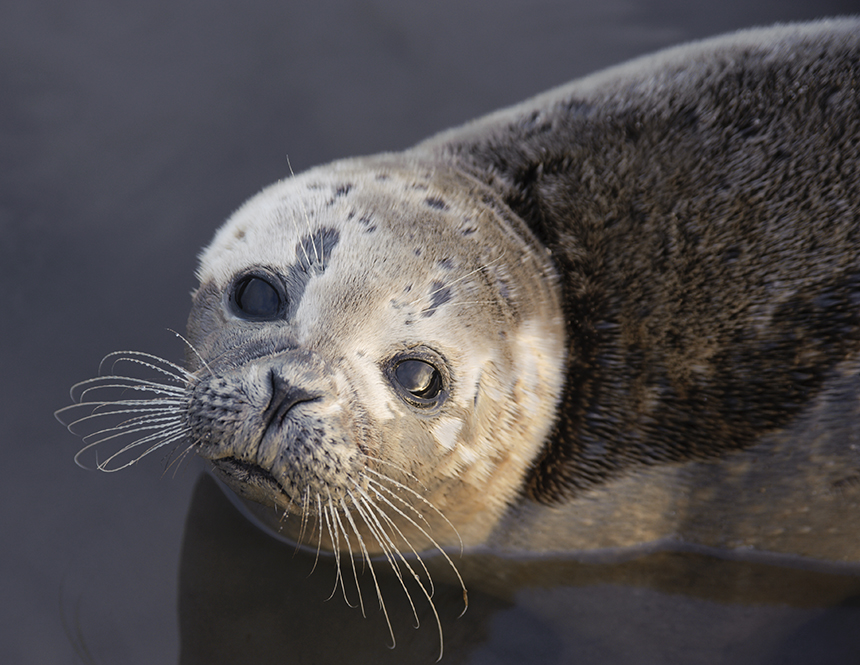ASC approved seal scarer could beat US salmon ban

NEW anti-predation technology that could help salmon farmers avoid an export ban in the US has been approved for use on Aquaculture Stewardship Council (ASC) certified farms.
The Targeted Acoustic Startle Technology (TAST), developed at St Andrews University, deters seals from salmon farms without affecting other marine life, according to the company selling it.
GenusWave said the system, which had been tested on farm sites, was the only acoustic deterrent approved by the ASC.
The ASC has determined that Targeted Acoustic Startle Technology is not the same as an ADD (acoustic deterrent device), said GenusWave.
The ASC Salmon Standard prohibits the use of acoustic deterrence devices by certified farms, but allows exceptions if ‘there is clear scientific evidence that future acoustic technology presents significantly reduced risk to marine mammals’.
Under the US Marine Mammal Protection Act (MMPA), companies that do not comply with strict welfare measures will soon be banned from exporting salmon to the States.
The legislation, due to affect imports from January 1, 2022, prohibits the shooting of seals on salmon farms.
The MMPA also stipulates that any country using deterrent devices that cause injury will be banned from exporting salmon to the US.
The Scottish Salmon Producers Organisation said last autumn it was not clear whether acoustic seal scarers would come under the provisions of the MMPA.
The US market for Scottish salmon in 2019 was worth £179 million, the largest export market outside the EU.
The St Andrews team behind TAST, Dr Thomas Goetz and Professor Vincent Janik, said acoustic startle devices differ from ADDs in that they emit lower noise doses.
Goetz said: ‘This method has been shown to be successful in deterring seals from a fish farm while not adversely affecting the behaviour and distribution of harbour porpoise.
‘In a consecutive study, a startle-reflex based system reduced seal predation by ~91-97per cent on a fish farm over the course of one year while operating at a duty cycle of less than one per cent using a noise dose that is more than one order of magnitude lower than in ADDs.’
GenusWave claims that the benefits of the startle response technology extend beyond the efficient dispersal of predators, by reducing stress on farmed salmon.
‘Reduced stress means stronger immunity to disease, better appetites, faster growth, better yields and higher revenues,’ said GenusWave. ‘Less stress actually produces better tasting salmon, too.’
TAST has been implemented in an industrial prototype and is available for use on fish farms as SalmonSafe.

